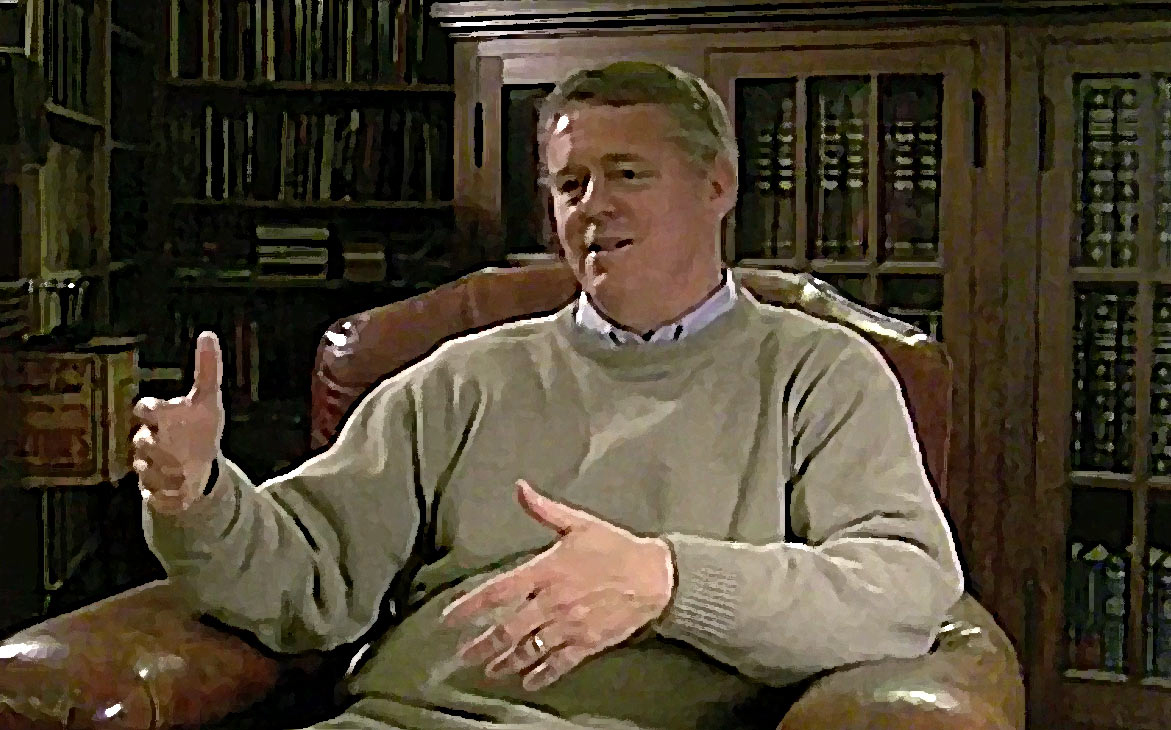One of the fashionable thought-killing words offered by the cliché-recycling movement is “sustainable.”
In the common tongue, as spoken by many, many environmentalists, this term implies that we will run out of all our stuff pretty soon unless everybody on the planet (except maybe Al Gore) is put on a strict low-consumption regimen.
The environmental movement has adopted the color “green,” but “drab-gray” is what comes to mind when I’m told that we must treat economic goods as existing in a fixed quantity, only to be skimpily apportioned (by regulators), never massively expanded (by profit-seeking producers, as they’ve done whenever free to do so).
In fact, as economist and Cafe Hayek blogger Don Boudreaux argues in his article “Unsustainable Platitudes,” market actors tend to swiftly counteract shortages that occur in a market context. When supply of a good slumps for whatever reasons, prices for it rise. Rising prices yield predictable effects. That is, they
- nudge customers to economize; and
- entice profit-seeking producers and vendors to create more of the good, or
- provide good-enough (or better) substitutes for it,
- or both.
This is Economics 101, teachable in one lesson.
The Wall Street Journal saw fit to quote Boudreaux, provoking the ire of enviro-cliché aficionado Joshua Holman. He contacted Boudreaux to accuse him of “[emitting] word pollution … to block the work of the many activists struggling to save our planet from overuse, exploitation and destruction.” In reply, Boudreaux suggests that reality “cannot be grasped, and it certainly cannot be improved, with slogans.”
Slogans do have their place. They’re just not a sustainable substitute for reasoning.
This is Common Sense. I’m Paul Jacob.

